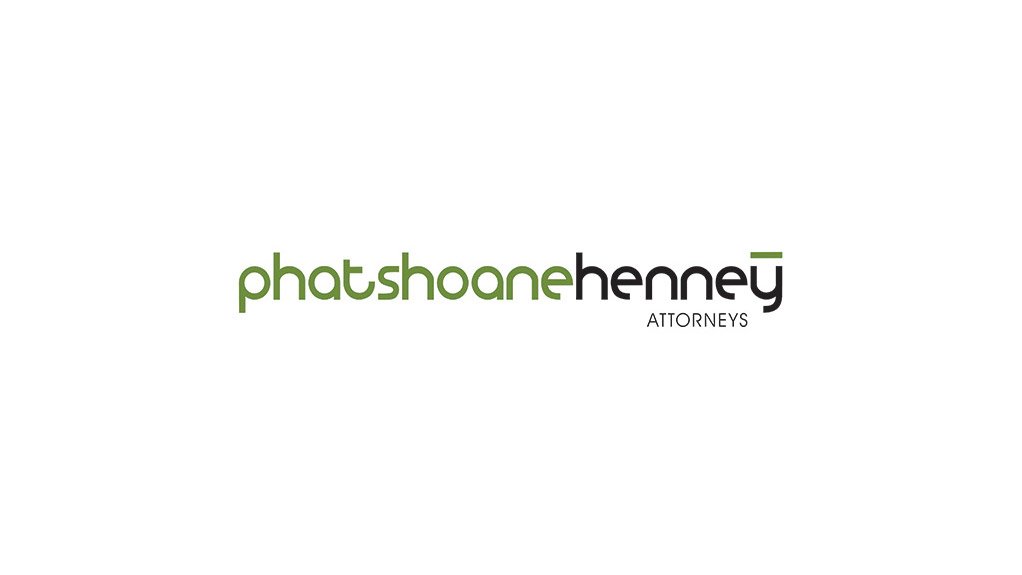“I run a conferencing facility. My corporate clients are increasingly starting to pressurize me to obtain a BEE certificate otherwise they cannot continue to make use of my facilities. I understand that my business falls within the Tourism Sector BEE Charter. What does this mean and what must I do to get a BEE certificate for my business?”
On 20 November 2015 the Amended Tourism BEE Sector Code (“Tourism Charter”) was gazetted in its final form, becoming the first BEE sector charter to be officially aligned with the Amended BEE Codes of Good Practice (“Amended BEE Codes”) published in 2013.
As from the date of its publication, the Tourism Charter is legally binding on all businesses that fall within the scope of this sector charter, namely, all entities of which the core business relates to the tourism industry and/or of which a majority of the business’s annual income is derived directly from tourism related activities.
The Tourism Charter is divided into three sub-sectors namely: the accommodation industry (including hotels, resort properties and timeshare, bed and breakfast, guest houses, game lodges, backpackers and hostels), the hospitality industry (including restaurants, conference venues, professional catering, attractions, casino’s, consulting and professional service companies) and the travel industry (including tour wholesalers, tour operators, travel agents, tourist guides, car rental companies and coach operators). Your conferencing business will accordingly fall under the Tourism Charter.
The Tourism Charter has entity thresholds which determine the requirements for your business to be BEE compliant based on the turnover of your business. These thresholds differ from those of the Amended BEE Codes. Under the Tourism Charter, Exempt Micro Enterprises (“EME”) are entities with an annual turnover of R5 million or less, Qualifying Small Enterprises (“QSE”) are entities with an annual turnover of between R5 million and R45 million and Generic Enterprises include all entities with an annual turnover of more than R45 million.
The Tourism Charter also contains three priority elements, each with their own sub-minimum requirements. These priority elements relate to Ownership, Skills Development and Enterprise & Supplier Development. A Generic Enterprise must comply with all three priority elements and a QSE must comply with Ownership as a compulsory element and one of the other priority elements. Where these priority sub-minimum requirements are not met, the entity will lose one BEE recognition level on its overall BEE scorecard. The other two elements on the scorecard include Management Control and Socio-Economic Development.
The Ownership element also deviates from the Amended BEE Codes, with the target for the tourism sector increased to 30% black ownership as compared to the 25% in the Amended BEE Codes and 15% black female ownership as compared to the 10% in the Amended BEE Codes.
The Tourism Charter encourages procurement from 51% black owned businesses by setting stringent targets and an increased point allocation on the QSE scorecard for such procurement. Likewise, the target for Supplier Development is also 1% more than the Amended BEE Codes.
Three bonus points have been allocated to the Socio-Economic Development element for businesses that contributes towards Tourism Marketing South Africa (TOMSA) in paying their annual levies.
Overall, the amended Tourism Charter is aimed at addressing two main challenges in the industry, namely the need to include black persons in the tourism industry and develop black businesses in this sector as well as the need to be globally competitive with regards to tourism.
Given that there are a number of requirements to meet, it would be advisable to seek the assistance of a BEE specialist that can help you plan for compliance under the Tourism Charter and ensure that you obtain a competitive scorecard which ultimately will be to the benefit of your business and your clients that expect their tourism service provider to be BEE compliant.
Submitted by Phatshoane Henney Attorneys
EMAIL THIS ARTICLE SAVE THIS ARTICLE
To subscribe email subscriptions@creamermedia.co.za or click here
To advertise email advertising@creamermedia.co.za or click here











